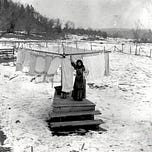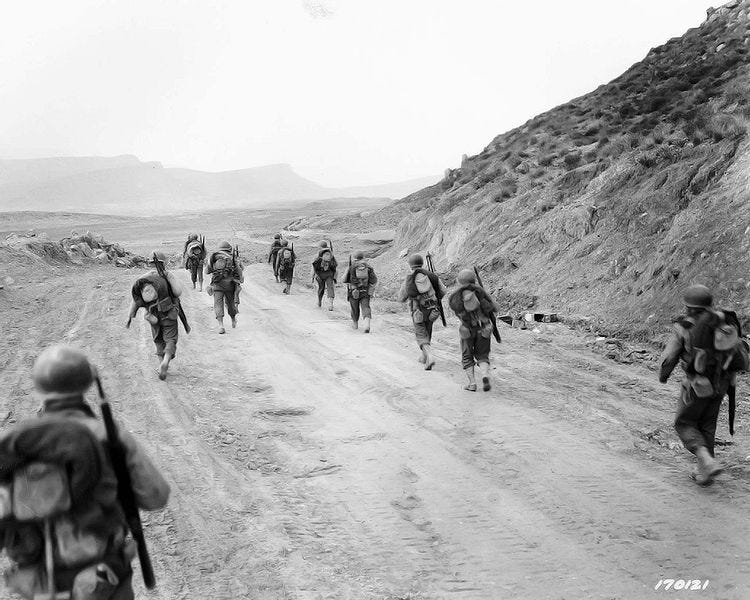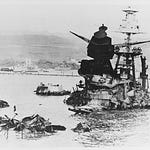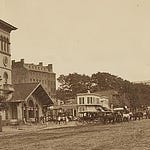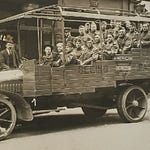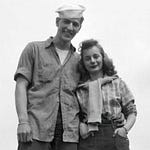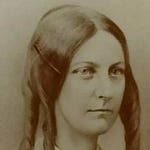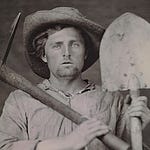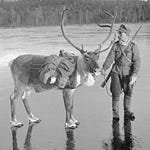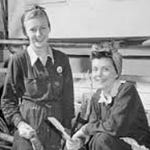A winner’s attitude.
American troops faced off against the Nazis for the first time in North Africa.
And it didn’t start out well.
They were defeated at the Kasserine Pass, a two-mile wide gap in a mountain range in west-central Tunisia.
Losses were heavy.
Three hundred Americans were killed in action there and another three thousand were wounded.
Three thousand more were taken prisoner.
Seven thousand replacement troops had to be brought in to bring units back up to fighting strength.
Heads rolled.
Some US commanders were reassigned.


Analysts wrote up ‘lessons learned.’
The conclusion: tactics would have to improve.
So, Eisenhower sent in George Patton to get things going.
And he gave Patton his third star.
Patton had an attitude.
From his diary:
“Of course, we are willing to die but that is not enough.
“We must be eager to kill, to inflict on the enemy - the hated enemy - wounds, death and destruction.
“If we die killing, well and good, but if we fight hard enough, viciously enough, we will kill and live.
“Live to return to our family and our girl as conquering heroes...”
Later, after the North Africa campaign was over, Patton told a little story about a soldier he had met there.
“One of the bravest men I saw in the African campaign was on a telegraph pole in the midst of furious fire while we were moving toward Tunis.
“I stopped and asked him what the hell he was doing up there.
“He answered, 'Fixing the wire, sir.'
“'Isn't it a little unhealthy up there right now?' I asked.
“'Yes sir, but this goddamn wire has got to be fixed.'
“I asked, 'Don't those planes strafing the road bother you?'
“And he answered, 'No sir, but you sure as hell do.'


“Now, there was a real soldier,” Patton said. “A real man.”
“A man who devoted all he had to his duty, no matter how great the odds, no matter how seemingly insignificant his duty appeared at the time.”
Patton’s army would go on to defeat the Germans in late March at El Guettar, Tunisia, giving America its first military success against the German army.
It was a tremendous boost to the nation’s morale.
But it was never smooth sailing with Patton.
Fourteen months later, during final preparations for the D-Day invasion, Patton made international headlines for saying the British and American people were destined to rule the world together.
He had not included the Soviet Union, a wartime ally, in this equation.
Patton’s comment was a diplomatic disaster!
So, anxious to smooth troubled waters, Eisenhower, the Supreme Allied Commander, went to see Prime Minister Winston Churchill.
And Churchill thought the flap over Patton’s remark was silly.
Churchill said he ‘could see nothing to it as Patton had simply told the truth.’
******************************
I’ll see you tomorrow.
— Brenda


